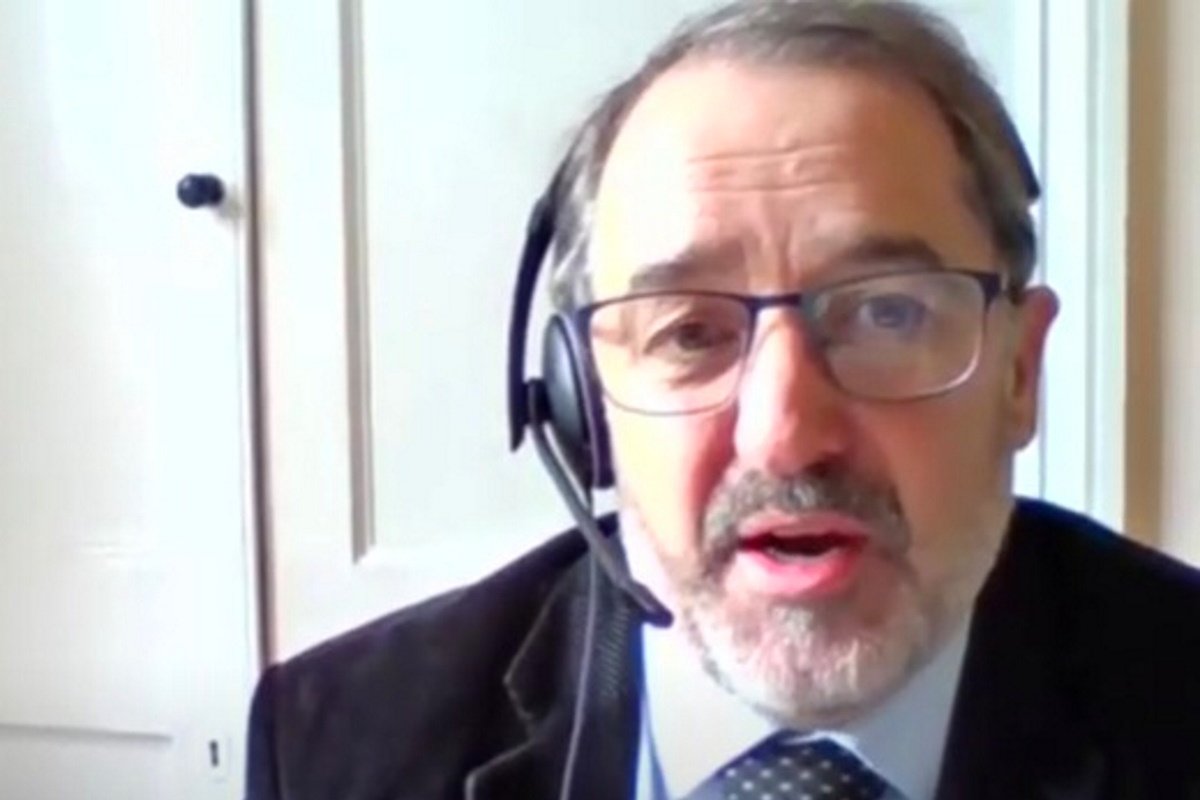
Primary age children are now driving coronavirus infection increases in the East Riding, leading to concerns that Nativity plays and seasonal school events could result in cases spreading further.
East Riding Council’s Public Health Director Andy Kingdom said he had already been in talks with local primary school headteachers about how to make Christmas events as safe as possible.
He added parents of primary school children should get vaccinated if they have not been already to stop coronavirus spreading through them from the youngest to the elderly and vulnerable.
It comes as 1,630 new coronavirus cases were recorded in the East Riding from Tuesday, November 9 to Monday, November 15, up from 1,434 the previous week.
The rolling infection rate rose from 418 to 475 cases per 100,000 people during the same period.
The equivalent infection rates for Yorkshire and the Humber and England between Tuesday, November 9 and Monday, November 15 were 381 and 396 cases per 100,000 people respectively.
Mr Kingdom said the increase reflected previous rises in coronavirus cases among older people several weeks ago, with them now in hospital after catching it weeks ago.
The director added he expected the number of those in hospital with coronavirus to fall by mid-December as more older people get their vaccine booster jabs.
But he also said that infection rates, while low for the oldest at around 180 cases per 100,000, were now as high as 1,000 for primary age children.
The director added that was because the youngest children had not yet been vaccinated, providing the virus with a pool of people to infect.
Mr Kingdom said:
“Primary age children have generally been less exposed to coronavirus during the pandemic but now we’re expecting more will become infected.
“That trend will likely continue until the end of the term.
“We’ve seen those rises and falls previously in other age groups, we had it with the elderly, then with the 20-somethings during the Euros and also with secondary school age children, cases go up then they come down again.
“The risk of a child that age getting ill or ending up in hospital because of coronavirus is very low, essentially the older you are the more the virus affects you.
“But they act as vectors for infections which then spread to their parents and given they’ll be coming from primary age children that means more cases among 20 to 40 year olds who could then pass it on to older relatives and friends.
“So parents of young families need to get vaccinated if they haven’t had their first or second jabs yet, about 80 per cent of them have already but the risk of infection is greater now.
“And it puts primary schools in a tough place because we’re coming to the time of year when they’re hosting events like Nativity plays and end of year celebrations.
“We could see something of a ‘Little Donkey’ effect as schools put on these events, they want to celebrate their pupils, their families and the community but the trouble is coronavirus could then get into the community from them.
“I’ve been speaking to headteachers who have been asking for advice about how to put these events on safely.
“But they’re stuck between a rock and hard place because different parents have different expectations, some want tougher restrictions in schools and others don’t.
“And every school is different, the variables are different for a primary school in a small village compared to one in a larger town.
“Schools will have to balance those factors and innovative ways of keeping people safe will be needed, otherwise one Nativity play could result in a lot of families becoming infected.
“Infection numbers among secondary school age children have gone up, but the overall trend is downward.
“Around 37 per cent of secondary school age children have been vaccinated and more now have some immunity to coronavirus by having been infected.
“We’ve been very successful so far in keeping schools open while stopping infections from spreading.
“But as we get into winter and the environment is more in the virus’ favour and as people meet and mix more indoors, doing the basics, getting tests if you have symptoms and isolating if the result is positive and getting the vaccine is really important, it’s in our hands.”




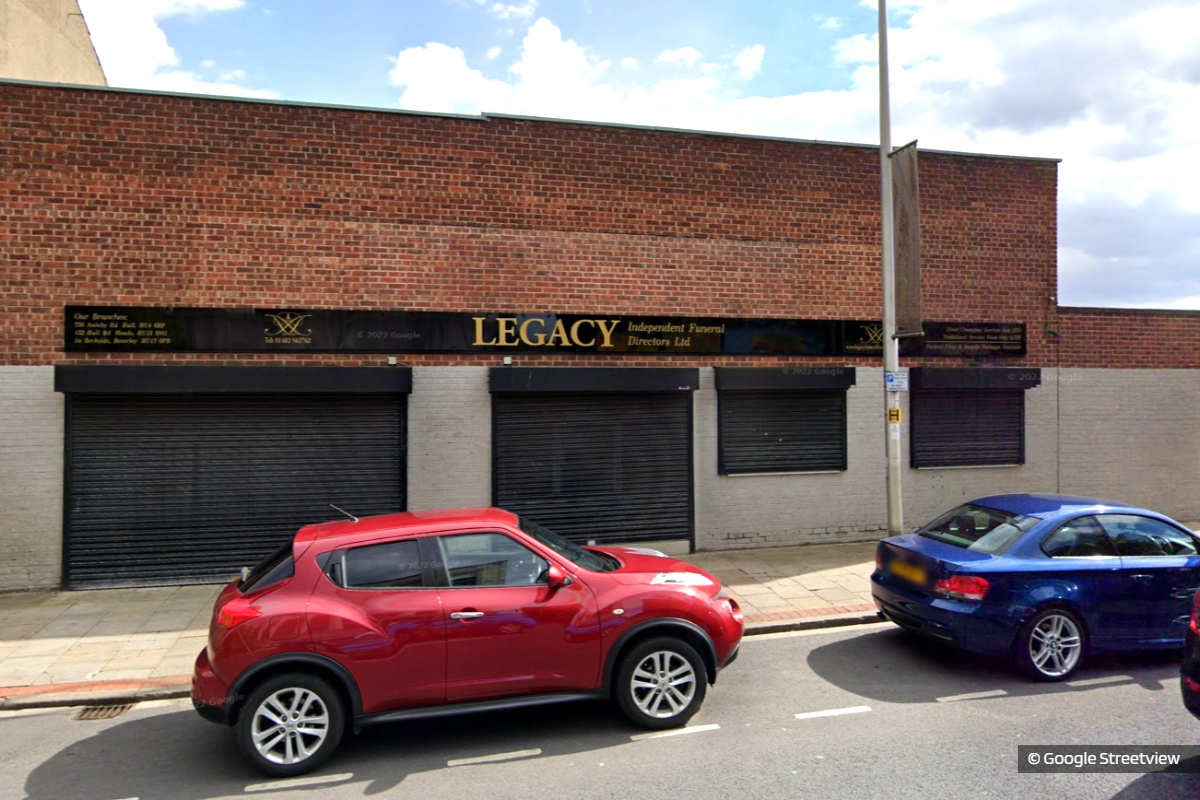 Man Charged in Legacy Independent Funeral Directors Investigation
Man Charged in Legacy Independent Funeral Directors Investigation
 Mayor Says Half Hourly Trains to Scarborough ‘Moving in the Right Direction’
Mayor Says Half Hourly Trains to Scarborough ‘Moving in the Right Direction’
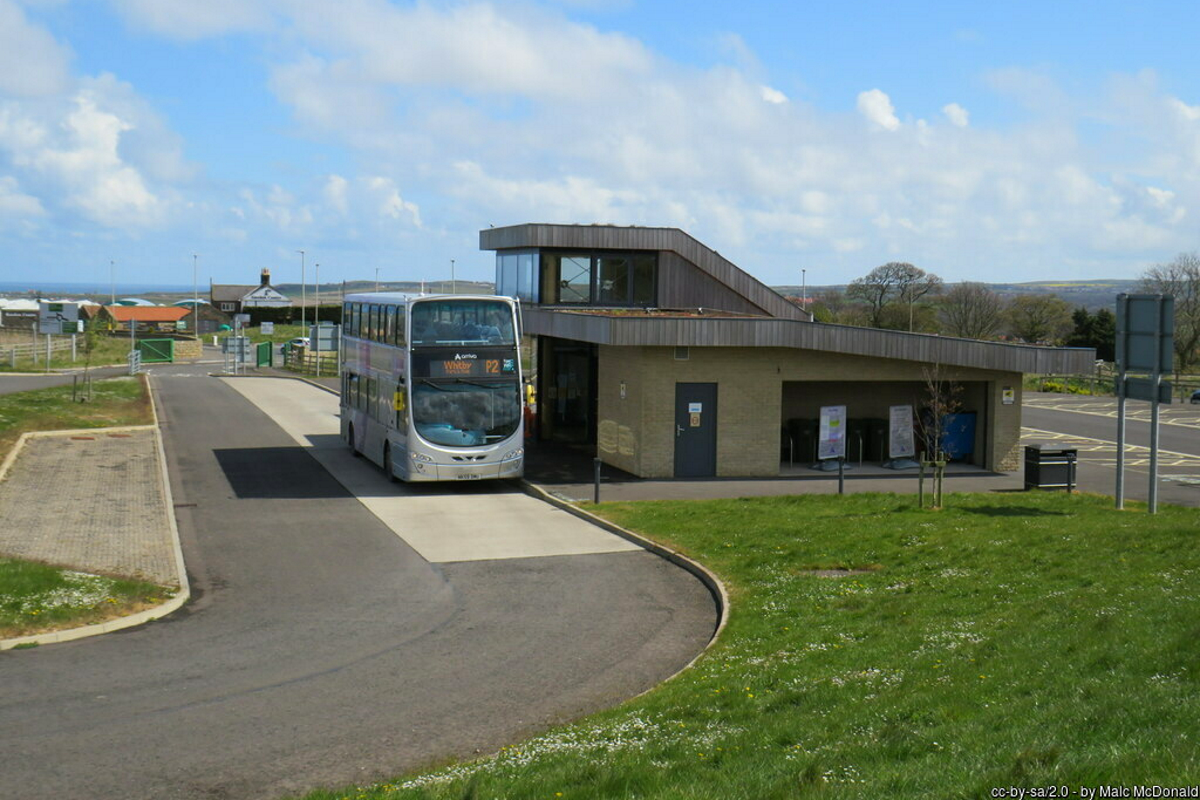 Park and Ride Services in Scarborough and Whitby Set to Reopen This Weekend
Park and Ride Services in Scarborough and Whitby Set to Reopen This Weekend
 Efforts Underway to Tackle High Missed Appointment Rates at Scarborough Hospital
Efforts Underway to Tackle High Missed Appointment Rates at Scarborough Hospital
 MP Welcomes Investments in Scarborough and Whitby
MP Welcomes Investments in Scarborough and Whitby
 Scarborough to Benefit from New Flood Defence Investments
Scarborough to Benefit from New Flood Defence Investments
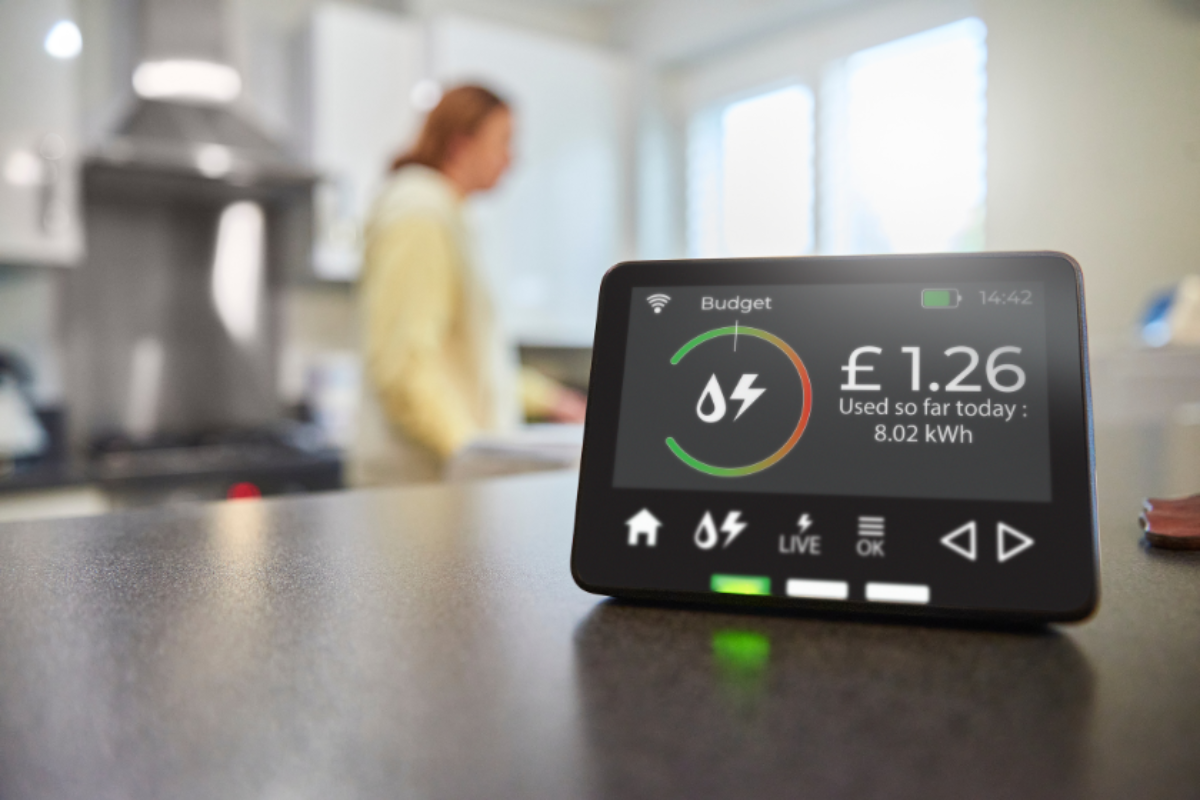 Esk Valley Residents Attend Westminster Summit on Smart Meter Issues
Esk Valley Residents Attend Westminster Summit on Smart Meter Issues
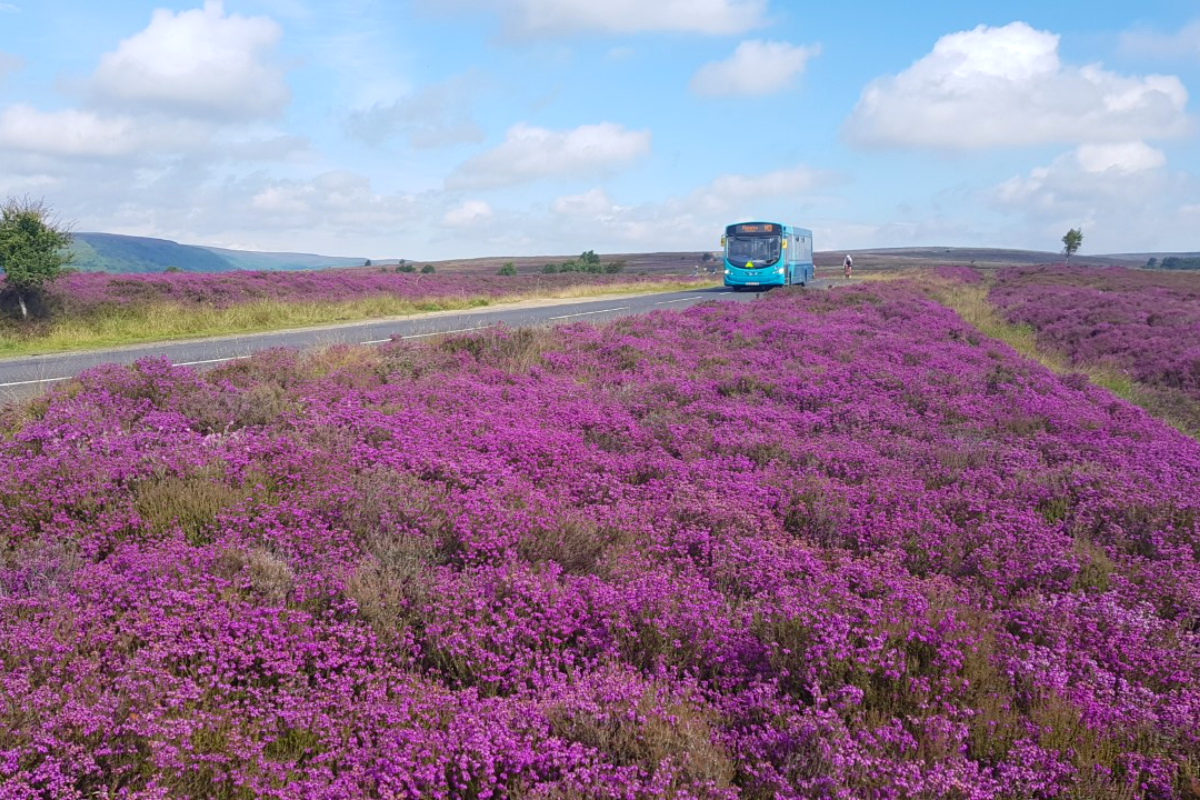 Mayor Outlines Vision for the Future of Buses in North Yorkshire
Mayor Outlines Vision for the Future of Buses in North Yorkshire
 Support for Whitby Restaurant Plan in Former Bank Building
Support for Whitby Restaurant Plan in Former Bank Building
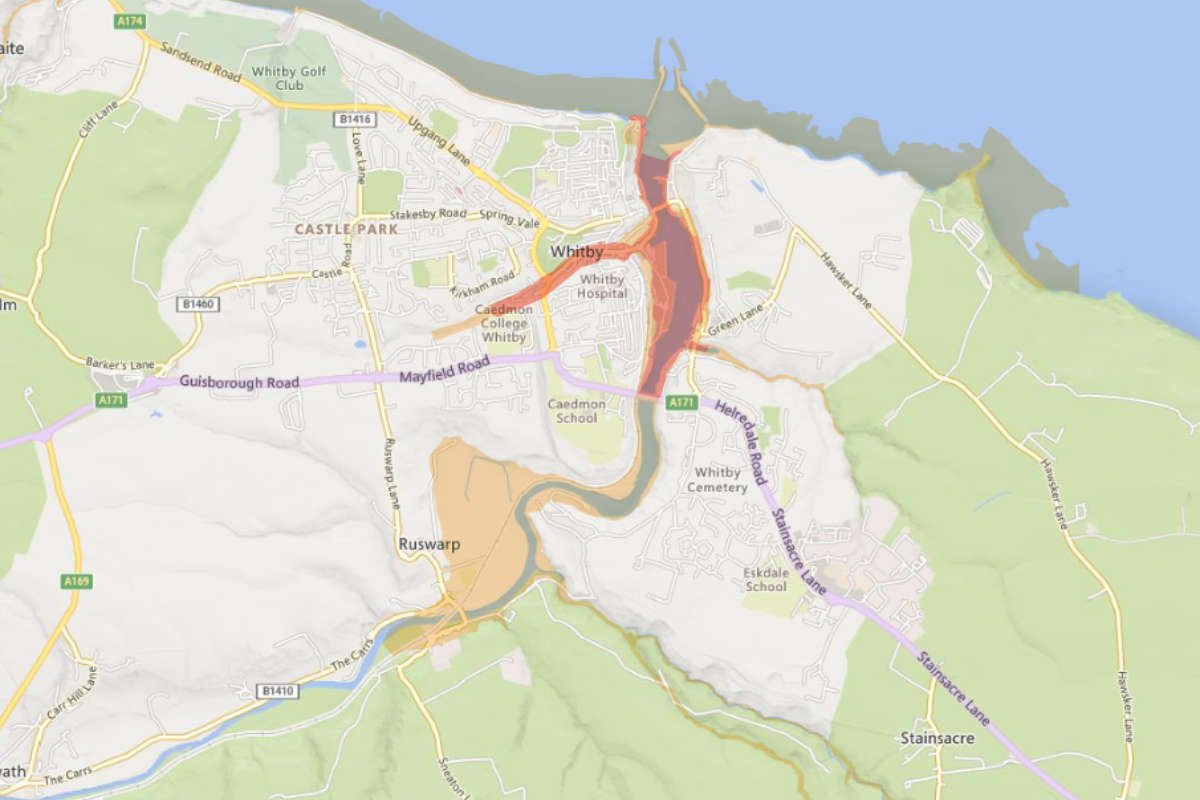 "Act Now" FLOOD WARNINGS Issued For Whitby, Bridlington & Hornsea
"Act Now" FLOOD WARNINGS Issued For Whitby, Bridlington & Hornsea
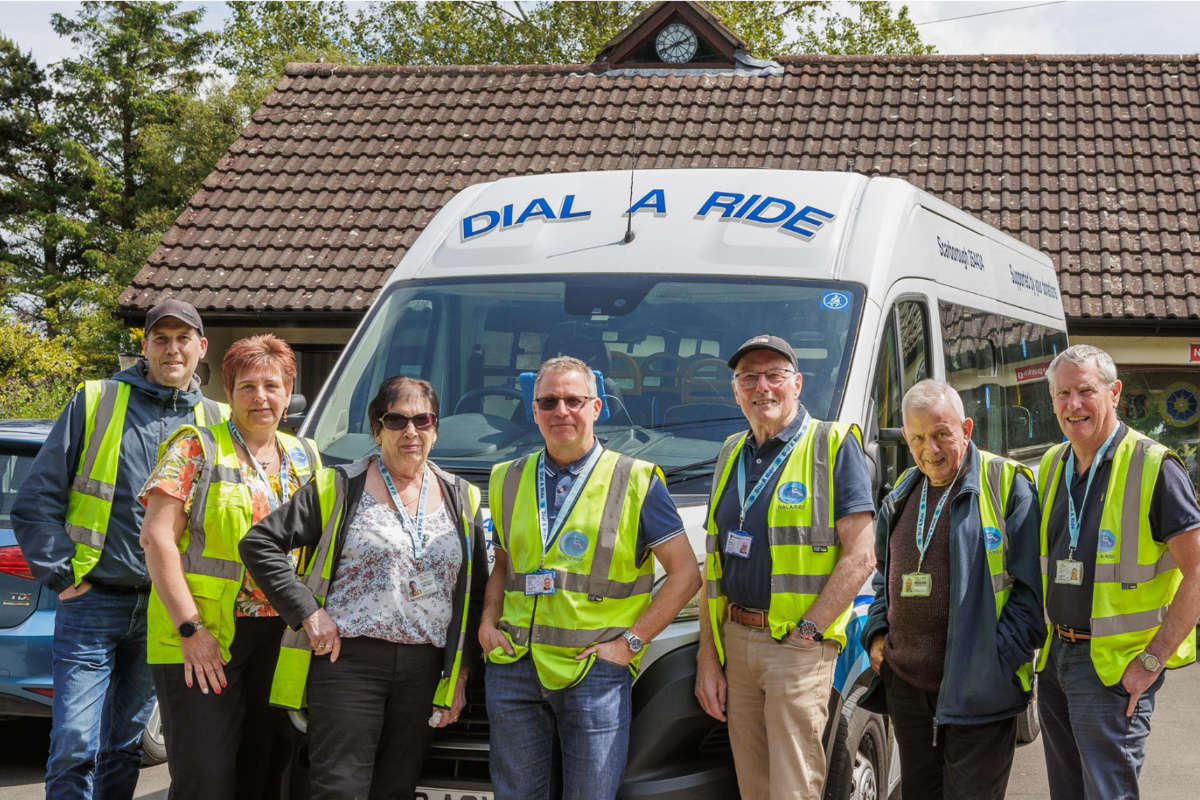 Scarborough Transport Charity Needs Help
Scarborough Transport Charity Needs Help
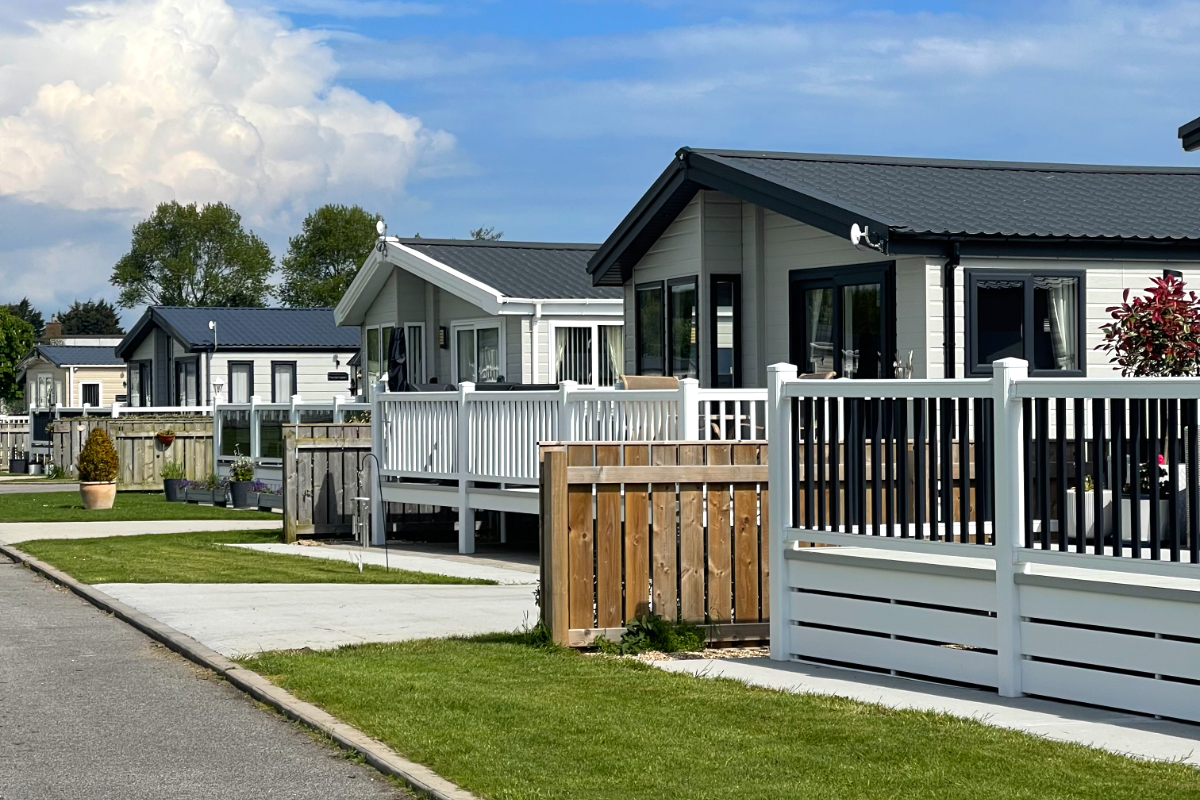 Yorkshire Coast Holiday Park Benefits from Multimillion Pound Investment
Yorkshire Coast Holiday Park Benefits from Multimillion Pound Investment








Comments
Add a comment